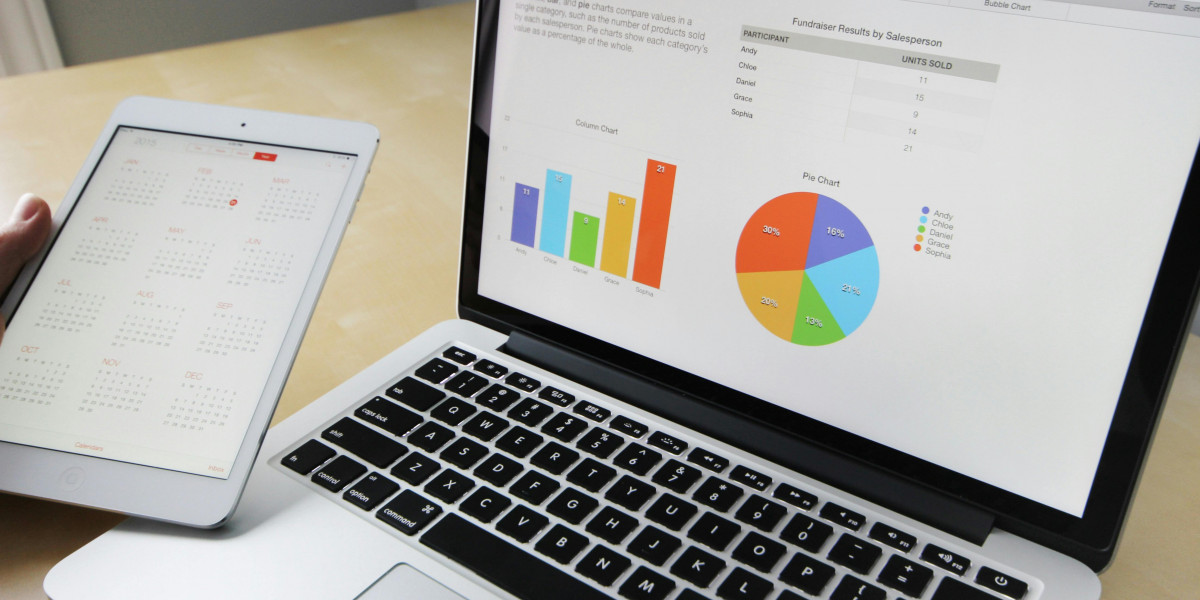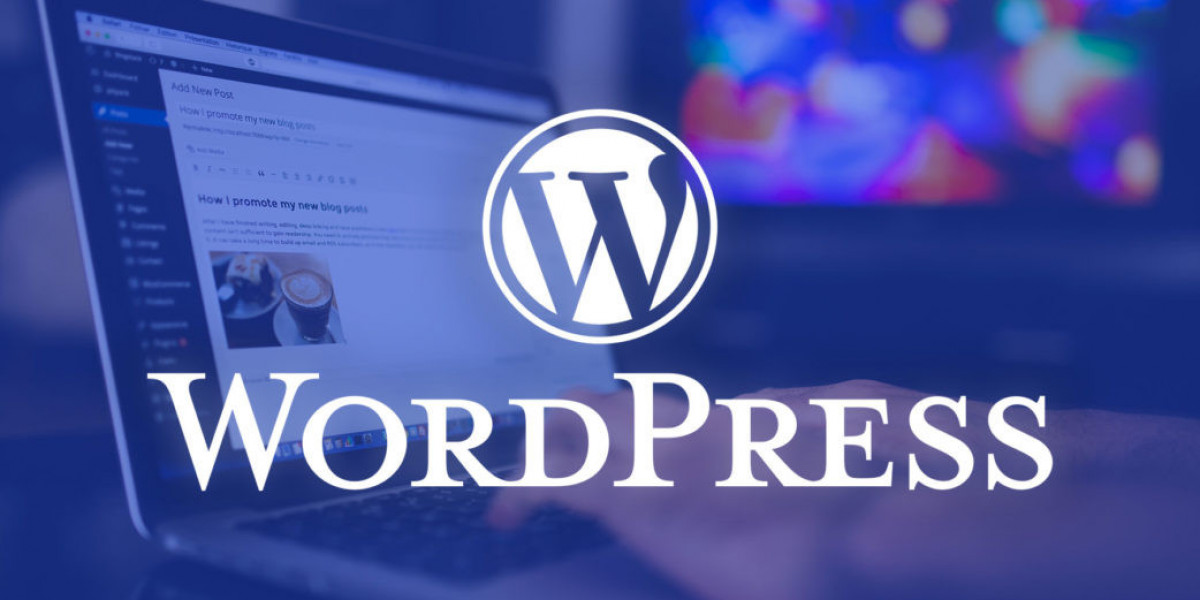When it comes to creating a website, one of the most critical decisions you'll face is choosing the right type of hosting. With various options available, two primary categories often come into play: free hosting and paid hosting. Each has its unique set of advantages and disadvantages that can significantly impact your website's performance, security, and overall success. In this comprehensive article, we will explore the pros and cons of free hosting versus paid hosting to help you make an informed decision.
1. What is Hosting?
Before diving into the comparison, it's essential to understand what hosting is. Hosting is a service that allows individuals and organizations to make their websites accessible via the internet. This service involves storing website files, databases, and content on a server, which can be accessed by users worldwide.
Types of Hosting
There are various types of hosting available, including:
- Shared Hosting: Multiple websites share the same server resources.
- VPS Hosting: A virtual private server that offers dedicated resources for a website.
- Dedicated Hosting: A server exclusively reserved for one website.
- Cloud Hosting: Resources are distributed across multiple servers, providing scalability and reliability.
In this article, we will focus specifically on free and paid hosting.
2. Free Hosting: An Overview
Free hosting services offer a way for individuals and small businesses to get their websites online without incurring costs. Providers typically cover their expenses through advertising or by offering premium features for a fee.
Pros of Free Hosting
2.1. Cost-Effective
The most significant advantage of free hosting is, of course, the cost. It allows you to launch a website without financial investment, making it an attractive option for hobbyists or those just starting.
2.2. Easy Setup
Most free hosting providers offer simple and user-friendly interfaces that make setting up your website straightforward. You can often have a basic site running in just a few clicks.
2.3. Learning Opportunity
For those new to web development, free hosting can serve as a valuable learning tool. It allows you to experiment with website design, content management systems (CMS), and online marketing strategies without financial risk.
Cons of Free Hosting
2.4. Limited Features
Free hosting services often come with significant limitations. You may have restricted storage, bandwidth, and features compared to paid options. This can hinder your website’s growth and performance.
2.5. Advertising
Many free hosting providers display ads on your website to cover their costs. This can lead to an unprofessional appearance and distract visitors from your content.
2.6. Lack of Control
With free hosting, you usually have limited control over your website’s functionalities and configurations. If you want to implement specific features, you may find yourself constrained.
2.7. Reliability Issues
Free hosting services are often less reliable than their paid counterparts. Downtime can be frequent, affecting your website’s availability and user experience.
3. Paid Hosting: An Overview
Paid hosting services require a financial investment but typically offer a more comprehensive and reliable service. Providers range from budget-friendly options to high-end services for large businesses.
Pros of Paid Hosting
3.1. Enhanced Performance
Paid hosting usually provides faster load times and better performance. This is particularly important for user experience and SEO, as search engines prioritize fast-loading websites.
3.2. Greater Storage and Bandwidth
With paid hosting, you often receive significantly more storage and bandwidth, allowing your website to handle higher traffic levels and store more content.
3.3. Better Security
Paid hosting providers typically invest in advanced security features, including SSL certificates, firewalls, and malware protection. This is crucial for protecting your data and gaining user trust.
3.4. No Advertisements
Unlike free hosting, paid hosting services do not display ads on your website. This allows you to maintain a professional appearance and provide a better user experience.
3.5. Customer Support
Paid hosting usually includes reliable customer support, available 24/7. This can be invaluable if you encounter technical issues, ensuring that your website remains operational.
3.6. Scalability
Paid hosting services often provide options for scaling your resources as your website grows. This flexibility is essential for businesses that expect increased traffic over time.
Cons of Paid Hosting
3.7. Cost
The most obvious downside of paid hosting is the financial commitment. While there are affordable options available, costs can add up, especially if you choose premium features.
3.8. Complexity
Some paid hosting services may come with a steeper learning curve, particularly if you opt for advanced features. Users may need a basic understanding of web development to maximize their hosting experience.
4. Comparison Table: Free Hosting vs. Paid Hosting
| Feature | Free Hosting | Paid Hosting |
|---|---|---|
| Cost | Free | Monthly/Annual Fee |
| Performance | Limited | Enhanced |
| Storage & Bandwidth | Restricted | Greater |
| Security | Basic | Advanced |
| Advertisements | Yes | No |
| Customer Support | Limited | 24/7 Support |
| Control | Limited | Full Control |
| Scalability | Difficult | Easy |
5. Which One is Right for You?
Choosing between free and paid hosting ultimately depends on your goals, budget, and technical expertise. Here are some factors to consider:
5.1. Purpose of Your Website
If you are creating a personal blog, portfolio, or a small project for learning purposes, free hosting may suffice. However, if you aim to run a business or generate revenue, paid hosting is generally the better option.
5.2. Long-Term Goals
Consider your long-term goals. If you plan to grow your website and attract significant traffic, investing in paid hosting from the start can save you time and effort in the future.
5.3. Budget Constraints
If you are on a tight budget, free hosting can be an attractive option for getting started. Just be aware of its limitations and the potential need to upgrade later.
5.4. Technical Skills
If you have the technical skills to manage a more complex hosting environment, you might benefit from the features offered by paid hosting. However, if you are a beginner, free hosting could provide a less intimidating entry point.
In summary, both free and paid hosting options come with their pros and cons. Free hosting can be an excellent choice for those just starting, providing a low-risk way to experiment with building a website. However, it often comes with significant limitations that can hinder growth and performance.
On the other hand, paid hosting offers a more comprehensive, secure, and reliable service, making it a better fit for businesses and serious projects. Ultimately, the choice will depend on your specific needs, goals, and budget.
Are You Ready to Choose Your Hosting?
Take the time to evaluate your options carefully. The right hosting can make all the difference in the success of your website. Whether you choose free or paid hosting, ensure that it aligns with your goals and provides the features necessary for your online presence.








